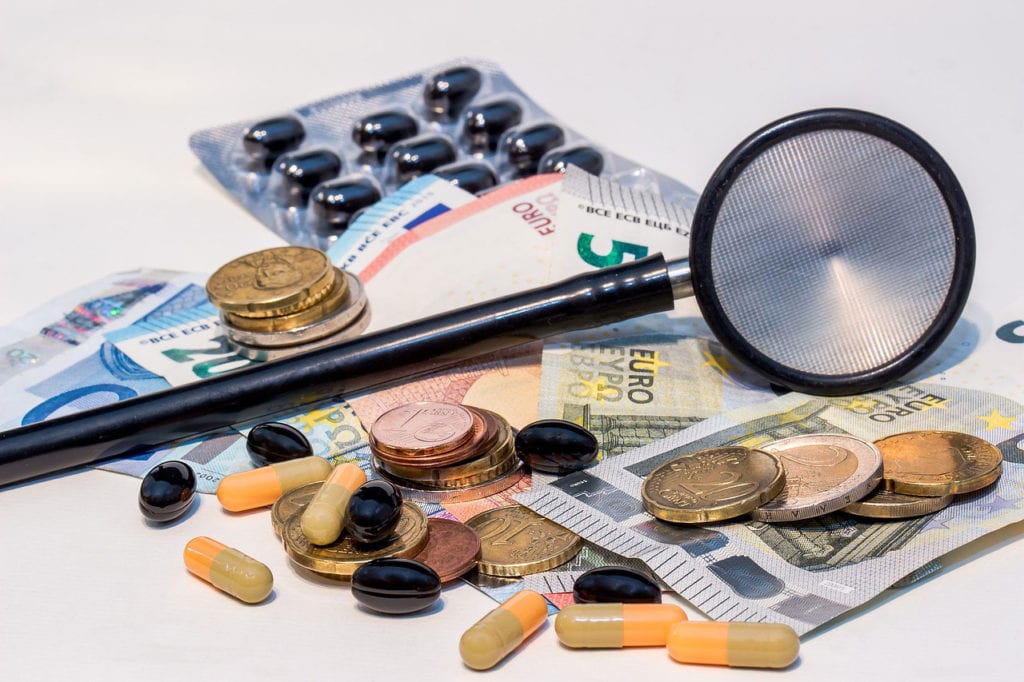Within the pharmaceutical industry, we need 1) better policies for patients and 2) improved communication/education of the policies that do exist for patients and the rights that they have. Ultimately, if patient’s don’t know a program exists there’s no way for them to reap the benefits of it.
This is the story of Louise Moorhouse who is diagnosed with phenylketonuria (PKU), a rare condition in which the body can’t process phenylalanine, an amino acid. A build up of this amino acid can result in brain damage. For 10 years she lived without life-altering treatment purely because she didn’t know there was a way she was able to access it.
Louise’s Story
Louise’s PKU diagnosis meant she had to take over 80 pills each day just to sustain herself. She was not able to consume 80% of normal foods. She lived off of fruits, vegetables, pills, and terrible tasting shakes. This way of eating severely affected her quality of life. It was easier to avoid social interaction than to explain why she had to weigh her food and take so much medication.
However, when Louise was in her early 20s she participated in a clinical trial that completely changed her life and allowed her to eat like a normal adult.
The treatment freed her.
It was called Kuvan. Thanks to this clinical trial, BioMarin was able to license the drug in 2007 in the U.S. and then 2008 in Europe. But, the treatment cost 70,000 pounds per year. This price tag, in addition to a claim that there wasn’t enough evidence of the drugs efficacy, caused the National Health Service (NHS) to prohibit prescriptions.
After three years on a normal diet during the trial, Louise was forced to return to her old way of living. She says it affected her mood, concentration, work, and relationship. Her entire life changed.
For 10 years following her participation in the trial, Louise believed she had no other choice and no way to receive the treatment.
The Outcome
The NHS asked BioMarin to reduce the price many times to no avail. Unfortunately, there’s currently no incentive for BioMarin to reduce it because since they have a patent for the treatment, they have no competition.
Fortunately for Louise however, there is a global medical ethics agreement which states that participants of clinical trials who have experienced clinical benefits from a treatment should be allowed to continue the treatment. This agreement is called the Declaration of Helsinki.
BBC asked BioMarin about this agreement the company stated that they thought they were providing treatment for all participants from their three-year Kuvan clinical trial. They went on to say that if there were ex-trial PKU patients who were not receiving treatment and who would like the drug, those individuals could talk to their physician to apply.
Why was this information not given to Louise? There is clearly a flaw in the system.
When she found out that she could be taking Kuvan, Louise burst into tears. For 10 years she lived with so many burdens that she could have avoided if she’d known the therapy was available to her.
She says that hearing the news she could receive the treatment was like winning the lottery. If only she had known she could get it earlier.
Hopefully, Louise’s story will provide a new insight for other rare disease patients who may be going through similar experiences.
You can read more of Louise’s PKU story here.







